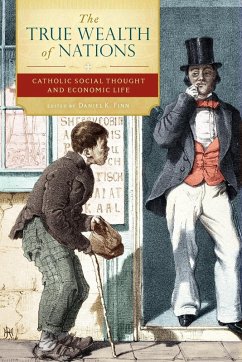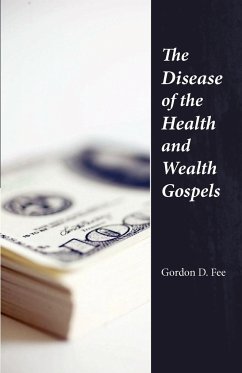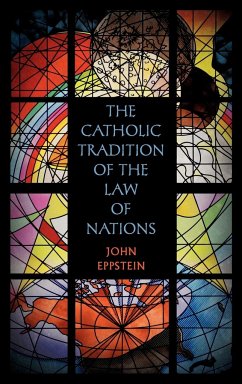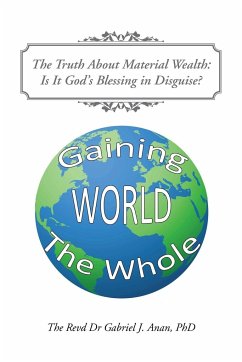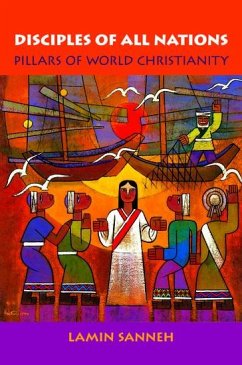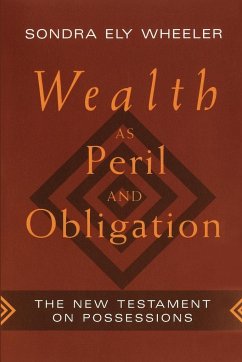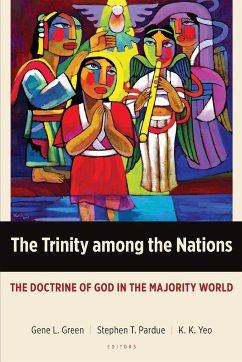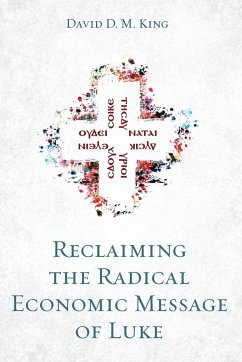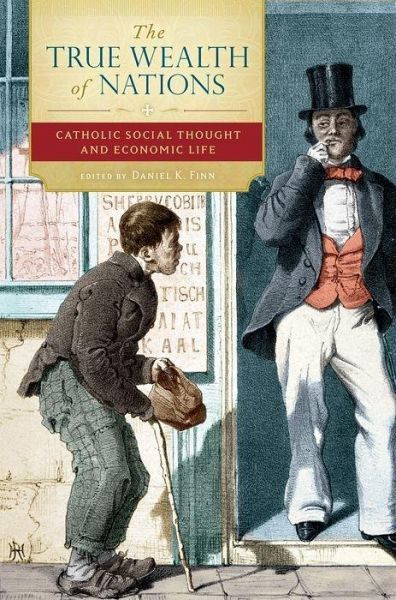
The True Wealth of Nations
Catholic Social Thought and Economic Life
Herausgeber: Finn, Daniel

PAYBACK Punkte
46 °P sammeln!
Roman Catholic social thought has had much to say about economic life: about virtues and moral principles, about individuals, communities, and institutions. Catholic social thought (CST) is a complex body of ideas that has real consequences, well-described by Hans Urs von Balthasar as "symphonic" in its multiple principles and approaches, nonetheless producing an integrated vision. This tradition can best be understood if it is taken most seriously. The authors of the fifteen papers in this collection begin with a fundamental proposition: that the economic and cultural criteria identified in the tradition of Catholic social thought provide an effective path to sustainable prosperity for all. Two papers undertake the challenge of specifying the means CST recommends and the goals for which it aims. Five are historical studies: of the change in worldview from the medieval to the present, of the medieval Franciscan roots of markets, of the empirical impact that Christian democratic parties and labor unions have had on European society, and of the legal and moral analysis of "the unjust contract." Six papers examine CST and the fundamental proposition from diverse perspectives: from Africa, Latin America, sociology, the economics view of women, and eco-feminism. Finally, two papers provide an introductory chapter and a conclusion addressing the question of how practically to think of the potential implementation of CST in a world rarely open to change.
Too many people today presume that economics and theology are separated by the impassible gulf between empirical and moral analysis. This volume instead begins with the presumption that Catholic social thought on the economy makes both moral and empirical claims, and in particular that "the economic and cultural criteria identified in the tradition of Catholic social thought provide an effective path to sustainable prosperity for all." The authors together set forth the beginnings of an architecture of analysis for relating economic life and Christian faith-intellectually and experientially-that can assist social scientists, theologians, and all persons of faith appreciate what is the true wealth of any nation.




